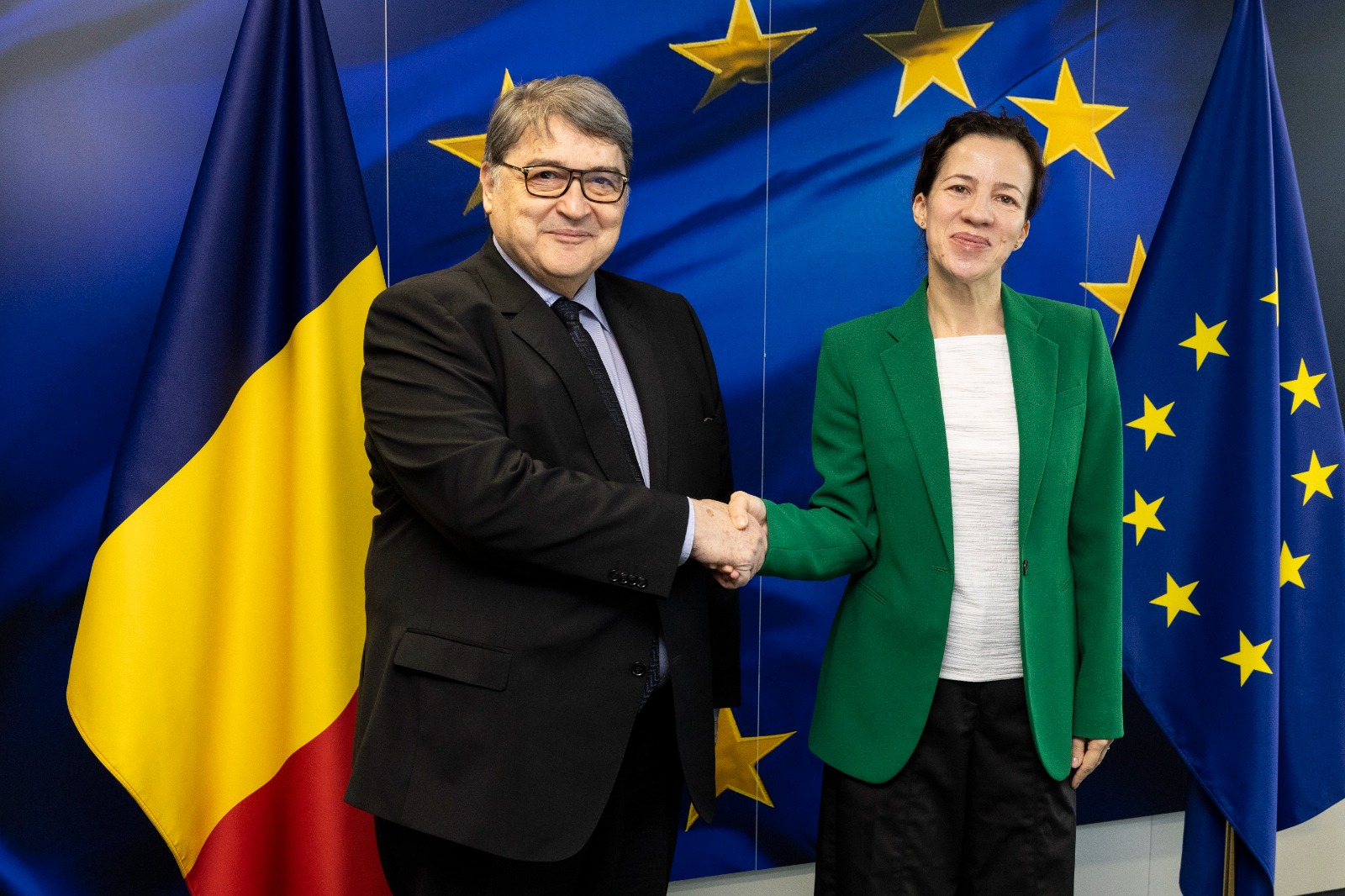Debates on the minimum wage
The government in Bucharest wants to increase the level of the minimum wage beginning next year.

Mihai Pelin, 04.12.2019, 13:55
In Romania, the minimum wage is to
go up beginning on the 1st of January next year. The increase is
around 30 euros before tax. Moreover, there will be no difference from then on
between the minimum wage based on education background. This is the proposal
made by the Liberal cabinet led by Ludovic Orban at a meeting with trade
unions, who are pushing for a more substantial increase. The prime minister has
explained that he wished the calculation of the minimum wage to be based on the
economic reality and not cause major disruptions.
The government has proposed a 7.2%
increase in the minimum wage to 2,230 lei, while the Cartel Alfa trade union
confederation says it should grow to 2,260, as agreed in September with the
former Social Democratic government. The leader of the confederation, Bogdan
Hossu has explained that the inflation rate and work productivity should be
calculated based on this year’s level. Bogdan Hossu:
First of all, the inflation rate is
calculated based on the month of October and we’re not taking into account the
annual inflation rate. Secondly, the productivity is calculated individually,
but in our opinion we should be discussing the hourly productivity of salaried
work because we are discussing about people in employment generally.
The National Trade Union Bloc has
proposed an even more substantial increase, to 2.284 lei. Its leader Dumitru
Costin has raised another very important issue. He said changes should also be
made to the public sector salaries law to prevent an explosion in the expenditure
level and for the private sector not to be affected owing to the fact that the
salaries of dignitaries and public sector salaries are calculated based on a
coefficient that is multiplied by the minimum wage. So, if an employee on the
minimum wage received an extra 83 lei net a month, a city mayor may receive ten
times more. The prime minister said he would look at the proposals to take into
account the economic forecasts, but warned that they might change to some
extent. Ludovic Orban:
I have noted the proposal to take
into account the forecasts for next year. I’ll give you an example: the budget
for 2019 was based on a growth forecast of 5.5%, but in reality, the growth
rate for this year will probably be around 4%.
The prime minister also says that
trade union associations support the amount of the minimum wage proposed by the
government. The change to the minimum wage should be based on elements that
have to do with the profitability of businesses, which should not be affected
by the increase in the minimum wage, Ludovic Orban has also explained.






























